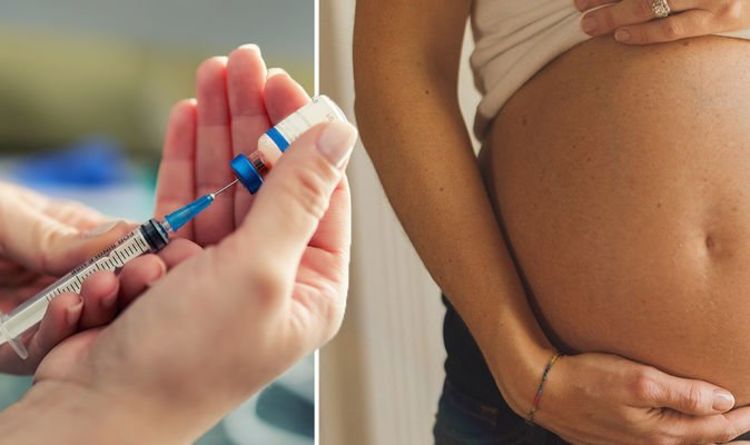
Paul Harrison, Professor of Psychiatry and Head of the Translational Neurobiology Group at the University of Oxford, said: “There are concerns about possible associations between vaccines, and CVT, causing governments and regulators to restrict the use of certain vaccines. Yet, one key question remained unknown: ‘What is the risk of CVT following a diagnosis of COVID-19?
“We’ve reached two important conclusions. Firstly, COVID-19 markedly increases the risk of CVT, adding to the list of blood clotting problems this infection causes. Secondly, the COVID-19 risk is higher than see with the current vaccines, even for those under 30; something that should be taken into account when considering the balances between risks and benefits for vaccination.”
Dr Maxime Taquet, also from the Translational Neurobiology Group, said: “It’s important to note that this data should be interpreted cautiously, especially since the data on the Oxford-AstraZeneca vaccine come from UK MHRA monitoring, whereas the other data uses the TriNetX electronic health records network. However, the signals that COVID-19 is linked to CVT, as well as portal vein thrombosis – a clotting disorder of the liver – is clear, and one we should take note of.”
An important factor that requires further research is whether COVID-19 and vaccines lead to CVT by the same or different mechanisms.
